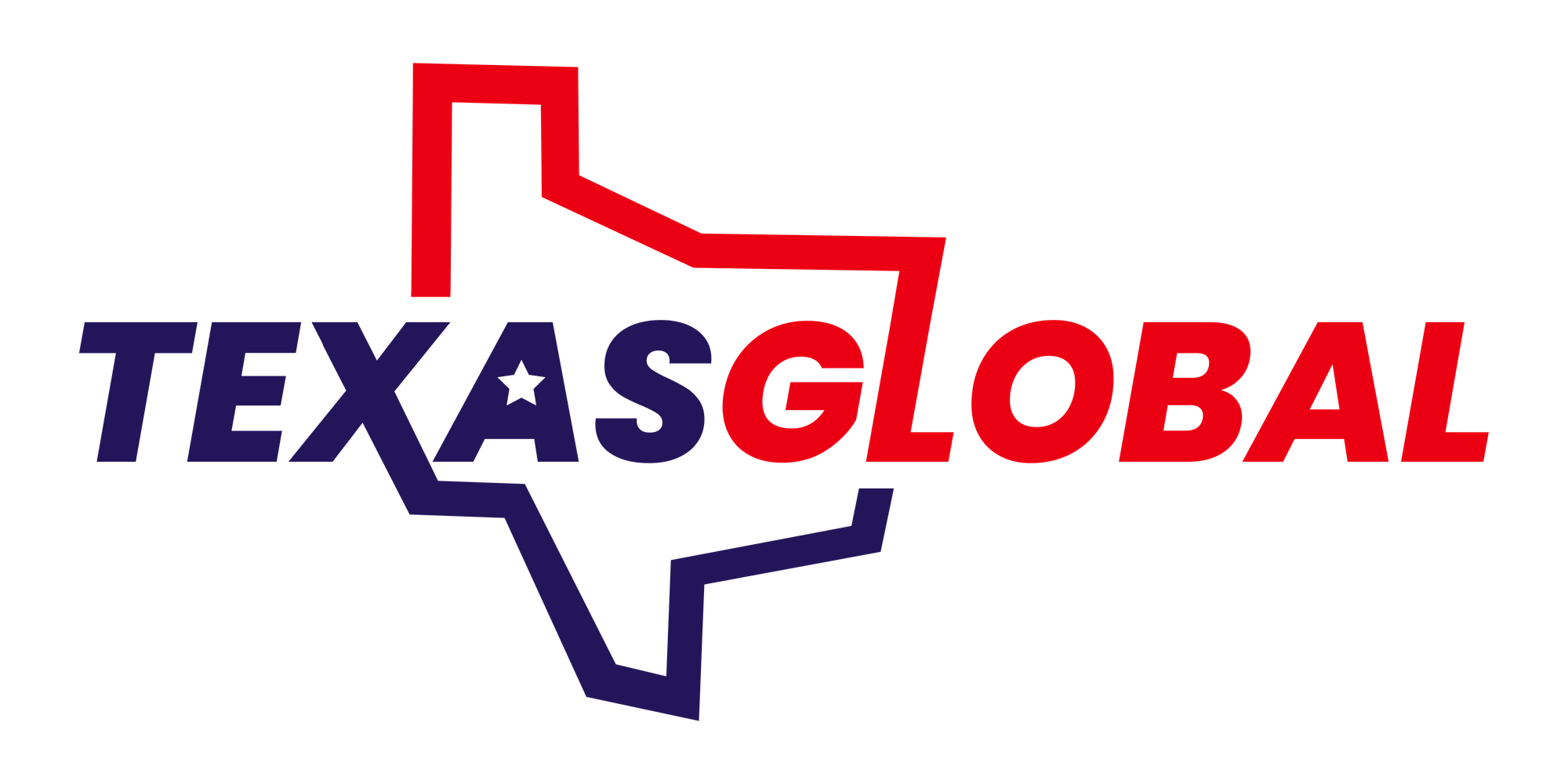Texas Cryptocurrency Miners' Energy Consumption: Balancing Transparency and Privacy

In a courtroom in Waco, Texas today, lawyers representing cryptocurrency miners will make a unique plea: to safeguard the confidentiality of their energy consumption data.
The term "mining" in the cryptocurrency realm might conjure images of digging into the earth, but the reality is far more digital. Cryptocurrency miners employ thousands of computers to solve increasingly complex mathematical problems, earning them Bitcoin or other virtual currencies as a reward. This operation requires substantial electricity, often housed in vast facilities to accommodate the numerous processors and prevent overheating.
The exact energy consumption figures remain elusive, but recent federal mandates aiming to compel miners to disclose monthly energy usage have stirred controversy. The Texas Blockchain Council, a prominent industry association, has taken legal action, arguing that such requirements infringe upon privacy rights and contravene the Paperwork Reduction Act of 1980, aimed at curbing excessive governmental data collection.
According to estimates by the Department of Energy, between 0.6% and 2.3% of total electricity in the United States is channeled into cryptocurrency mining, a figure that might even be higher in Texas. Since 2019, Texas has emerged as a hotspot for miners, drawn by the state's supportive regulatory environment and ample energy resources. Despite market fluctuations, nearly half of all Bitcoin and Ethereum mined in the U.S. originates from Texas.
This concentration of mining activity has significant implications for the state, particularly concerning energy dynamics. Proponents argue that miners contribute to grid stability, citing instances where they've swiftly powered down during demand spikes. However, critics contend that their substantial energy consumption exacerbates electricity demand, contributing to price hikes and putting strain on the grid.
Jimmy Glotfelty, a Texas Public Utility commissioner, likened miners' claims of grid stabilization to a scenario from his youth involving inadvertently started fires being hailed as heroic acts. While miners benefit financially from aiding grid management, concerns persist regarding their outsized impact on energy markets and consumer costs.
The Texas Blockchain Council's resistance to disclosing energy usage data raises questions about accountability and transparency within the industry. While they argue potential harm from divulging such information, the broader implications of unchecked energy consumption resonate deeper within communities. The true cost of energy-intensive practices extends beyond mere inconvenience, impacting lives during emergencies like the February 2021 blackouts and exacerbating economic disparities.
As the legal battle unfolds, the delicate balance between industry privacy concerns and broader societal interests remains unresolved. In a landscape increasingly shaped by digital currencies, the quest for transparency and accountability takes center stage, underscoring the need for dialogue and regulation to navigate this evolving terrain responsibly.
